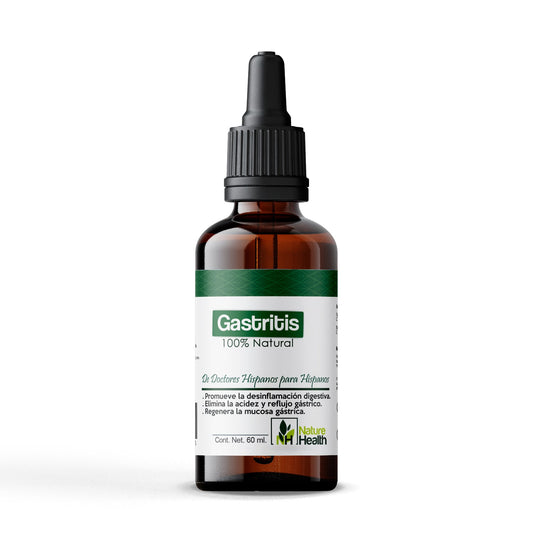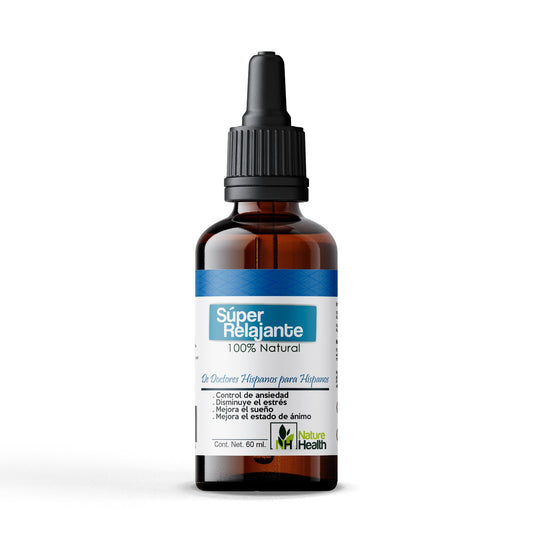Passionflower, also known as passion flower, is a plant recognized for its showy flowers and calming properties. Over the years, numerous scientific studies have shed light on the benefits of this plant for mental and physical health. In this article, we will explore the findings of real scientific research on passionflower, supported by citations in APA format.
Benefits for Anxiety and Stress:
Studies, such as the one conducted by Ngan et al. (2012) have shown that the compounds present in passionflower, especially alkaloids and flavonoids, can have anxiolytic and sedative effects. These components act on the central nervous system, helping to reduce anxiety and stress.
Sleep Improvement:
The relationship between passionflower and sleep quality has been studied by various researchers. In a study published by Soulimani et al. (1997), it was found that passionflower extract significantly improved sleep quality in rats, suggesting a potential benefit for treating sleep disorders in humans.
Antioxidant Properties:
Passionflower also shows antioxidant properties, according to research such as that of Dhawan et al. (2004). Antioxidants help fight free radical damage in the body, which can have long-term health benefits.
How to Take Passionflower:
To make the most of the benefits of passionflower, there are various ways of consumption. According to Akhondzadeh et al. (2001), passionflower tea may be effective in reducing anxiety. Additionally, passionflower extract supplements, in forms such as capsules or tinctures, are also popular options.
Precautions and Consultation with Health Professionals:
Although passionflower is generally safe, it is essential to be aware of possible interactions with other medications. Before incorporating it into your daily routine, it is recommended to consult a health professional, as outlined in the FDA (Food and Drug Administration) guidelines.
Conclusion:
Passionflower, backed by scientific research, is emerging as a promising option for relieving anxiety, improving sleep, and providing antioxidant benefits. When considering its inclusion in your daily routine, it is always wise to rely on professional consultation and follow research guidelines backed by scientific evidence.
References :
- Dhawan, K., Kumar, S., & Sharma, A. (2004). Anxiolytic activity of aerial and underground parts of Passiflora incarnata. Phytotherapy, 75(7-8), 721-725.
- Ngan, A., & Conduit, R. (2012). A double-blind, placebo-controlled investigation of the effects of Passiflora incarnata (passionflower) herbal tea on subjective sleep quality. Phytotherapy Research, 26(8), 1162-1168.
- Soulimani, R., Younos, C., Jarmouni, S., Bousta, D., Misslin, R., & Mortier, F. (1997). Behavioral effects of Passiflora incarnata L. and its indole alkaloid and flavonoid derivatives and maltol in the mouse. Journal of Ethnopharmacology, 57(1), 11-20.
- Akhondzadeh, S., Naghavi, H.R., Vazirian, M., Shayeganpour, A., Rashidi, H., & Khani, M. (2001). Passionflower in the treatment of generalized anxiety: a pilot double-blind randomized controlled trial with oxazepam. Journal of Clinical Pharmacy and Therapeutics, 26(5), 363-367.







